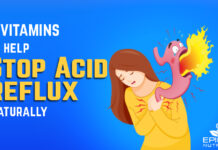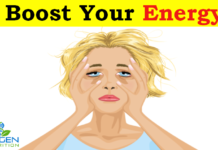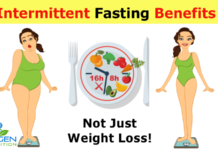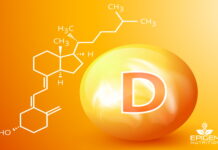Overdosing on vitamin D, otherwise known as hypervitaminosis D is a fairly rare but serious condition of abnormally high storage levels of vitamin D in your system.
You won’t find yourself suffering from a vitamin d overdose from eating foods that contain the vitamin, or too much exposure to sunshine, it is usually the result from taking high a dosage of vitamin D supplements.
Basically taking much more than the maximum recommended daily value of 4000 IU.
Having too much vitamin D in your body can cause you to have an unusually high build-up of calcium in the blood, known as hypercalcemia.
Toxicity Symptoms and Side Effects:
The Symptoms of Hypercalcemia Can Include:
Calcification, which is an accumulation of calcium salts in the blood vessels, tissues of the heart as well as other organs such as the kidneys.
Nausea and Vomiting
Dehydration
Fatigue
Headaches
Bone Pain
Aching Muscles and Weakness
Cramping
Loss of Appetite
Constipation
Loss of Memory
Increased Thirst and Frequent Urination
Other long term problems that can arise due to untreated hypervitaminosis D can include:
Excess Bone Loss
Kidney Failure
Kidney Damage
Kidney Stones
Hypertension
When Will I See the Signs?
These effects won’t always show immediately after you have taken a high dose of vitamin D.
In fact any symptoms of vitamin D toxicity probably won’t appear until about several months after the excessive doses have been administered.
Treatment of a Vitamin D Overdose
The treatment will involve stopping the intake of all forms of vitamin D, restricting calcium and phosphorus in the diet, and maybe some intravenous hydration with a non-calcium containing saline infusion.
But in most cases, a low-calcium and phosphorus diet combined with corticosteroid drugs should allow for a full recovery within about a month.
In Conclusion:
There can be acceptable occasions where doses higher than the recommended daily allowance are exceeded, but they are only to treat medical issues such as a vitamin D deficiency.
And these should only be administered under the medical supervision of a doctor, for a specified period of time.
In those circumstances the blood levels should be regularly monitored.
So the message of the day is, if you’re taking vitamin D supplements, take them in moderation and make sure you stick to the guidelines.
And if you are at all concerned that you may have overdosed on vitamin D, consult immediately with your doctor.



































